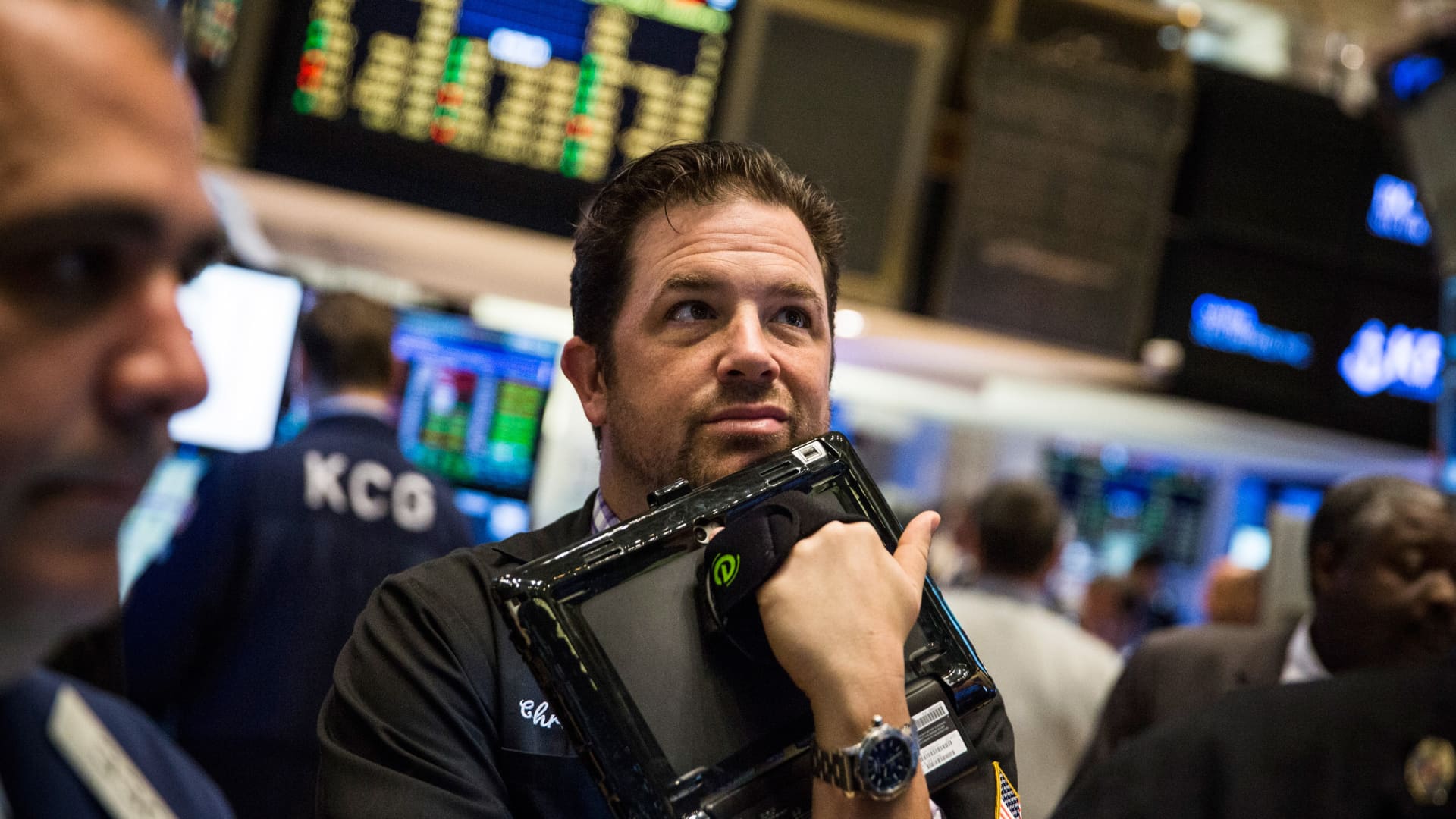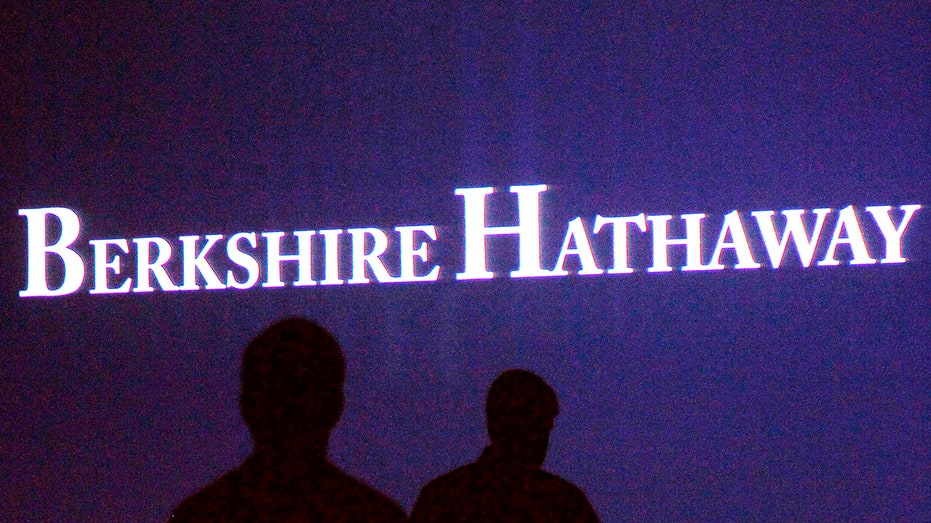
Rebecca Patterson is looking to defensives, T-bills for near-term market insurance
Rebecca Patterson, known for her earlier leadership at Bridgewater, is preparing for a near-term market downturn.
In order for the Federal Reserve to ease its interest rate-hiking campaign, Patterson said there needs to be a lot more economic weakness and inflation will likely need to be brought down to the Fed's target level or below—both of those scenarios having "low probabilities."
"I do think we're looking at equity market downside later this year and I would be watching that interplay between the consumer, companies and the labor market, and, of course, the Fed and those borrowing costs," Patterson, the former Chief Investment Strategist at Bridgewater Associates, said Tuesday on CNBC's "Fast Money."
The strategist added that the consumer is growing cautious, which she said could bode poorly for companies–increasing the risk of layoffs and hit on earnings–if they start spending less.
For near-term insurance, Patterson said she is investing in the six-month U.S. Treasury bill and is starting to invest modestly in defensive stocks. She noted that six-month Treasury yields rose to 5.14% on Tuesday, reaching its highest return rate since 2007.
Patterson published an op-ed on CNBC.com Tuesday about the three drivers she sees as potentially shaping the future of the U.S. economy.
— Pia Singh
How the major indexes performed in February
Tuesday's closed marked the end of February's trading month. Here's how the three major indexes performed in the month:
That marks a turn from January's rally as investors tried to shake off 2022's downturn. February's slide pushed the Dow below where it started the year, while the S&P 500 and Nasdaq Composite are still holding on to some of what each gained in January.
— Alex Harring
Stocks making the biggest moves after hours
These are the stocks making the biggest moves after the bell:
- First Solar — The solar stock gained 3.6%. The company reported a fourth-quarter loss of 7 cents per share compared with a 17 cent per-share loss forecasted by analysts, according to FactSet. Revenue came in line with expectations at $1 billion. The company issued full-year guidance that was ahead of expectations on per-share earnings and revenue.
- AMC Entertainment – Shares of the meme-stock darling slipped less than 1%. The company posted a wider-than-expected loss of 26 cents per share for the fourth quarter, compared to the 21 cent per-share loss forecasted by analysts polled by Refinitiv. AMC also reported fourth-quarter revenue of $991 million, while analysts anticipated $978 million in revenue.
- Novavax — The biotechnology company tumbled 24% after the company raised doubts about its ability to stay in business. The company lost $2.28 per share, much larger than the $1.01 per-share loss expected by analysts polled by FactSet. Revenue also came in below expectations at $357.4 million compared with $383.1 million anticipated.
— Alex Harring
Stock futures open down
The three major futures indexes opened in the red.
Nasdaq 100 futures led the way down, dropping 0.3%. Futures tied to the S&P 500 and Dow slid 0.2% and 0.1%, respectively.
— Alex Harring
Stock futures slip after investors wrap up a losing February: Live updates - CNBC
Read More




